- Renault Group general polymers need
- Renault Group specific need for TPE
- Renault Group increase dynamic material characterization request for material card and crash simulation
Pierre Furtwengler | Technical Polymer Specialist, Renault Group
Magdalena Michl | Product Manager EMEA, KRAIBURG TPE GmbH & Co. KG
Martina Hetterich | Product Developer, KRAIBURG TPE GmbH & Co. KG

Dr. Pierre Furtwengler obtained his PhD in polymer chemistry in 2018. The same year he joined Renault engineering team in charge of polymer material development and prescription for under bonnet applications. He is now technical polymer specialist for Renault Group since 3 years.
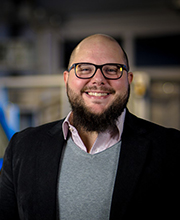
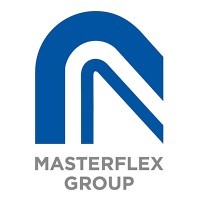
Giuseppe Fiandaca is a materials expert specializing in medical plastics. Since January 2025, he has been Project Manager Medical at Masterflex Group. He studied Applied Chemistry at Reutlingen University and Plastics Engineering at Schmalkalden University of Applied Sciences. Giuseppes career began in 2011 at B. Braun Melsungen AG, focusing on PVC and TPE formulations as well as chemical failure analysis. In 2021, he founded Polyneers GmbH, a consulting company dedicated to medical plastics. Giuseppe contributes to standardization work, including the upcoming VDI 2023 guideline on process validation and previously DIN EN ISO 10993-18 on biocompatibility of medical devices.


Sarah holds a PhD in chemistry from the Technion, Israel. She has previously held the Blavatnik Fellowship at Cambridge University, the role of Head of Chemistry at Photocentric Ltd and CTO of Polyfos 3D, showcasing her commitment to cutting-edge innovation. In 2021, Dr. Karmel joined RHEON Labs. In her current position as Chief Science Officer, she oversees the Future Technologies Function at RHEON Labs, focusing on the development of novel technologies, new materials and formats.

-1.jpg?ext=.jpg)
Professional Experience
Since 12/2021 Lab Team Leader at BASF Polyurethanes GmbH, Lemförde
Main Focus: High performance footwear, Circular TPU
10/2019-12/2021 Postdoc at the University of California, Berkeley
Mentored students, managed projects on materials for CO2
capturing and storage (CCS)
04/2015-10/2015 Research assistant at the University of Münster
01/2015-03/2013 Intern at Corporate Sustainability BASF SE, Ludwigshafen
10/2012-10/2013 Research assistant at the Leibniz Institute for New Material and
Teaching assistant, Saarland University, Saarbrücken
Education
11/2015-04/2019 Ph.D. and Postdoc in Chemistry at the Institute of Physical
Chemistry IPC, University of Münster (Summa cum laude)
Ph.D. thesis on Optical and Photonic Functional Materials
Mentored students, managed projects, researched optical
and photonic materials including applications in pulsed lasers,
holograms
10/2013-10/2015 Master of Science in Chemistry, University of Münster
Focused on Polymers, Research Strategies, Materials chemistry,
Energy storage (Final grade: 1.0) M. Thesis, University of Münster
10/2010-10/2013 Bachelor of Science in Chemistry, Saarland University
(Final grade: 1.8) B.Sc Thesis, Leibniz Institute for New Materials


Phil has thirty years’ experience in working with rubber / elastomeric materials, in a broad range of industries in senior engineering and technical leadership roles.
Phil has gained invaluable experience in Aerospace and Defence, Space, Automotive and General Manufacturing industries in roles ranging from works chemist, design, production and process engineering, operational and project management, senior quality, and engineering director level leadership.
The breadth and depth of experience Phil has gained provides him with a unique insight into the importance of balancing rubber material design, application and manufacturing lean processes with today’s high performance operating environments, system integration and environmental legislative needs.
Phil has the “firsthand” experience of the challenges industries and end users face and more importantly the necessary robust solutions needed to overcome these issues at both the tactical and strategic levels within an organisation.
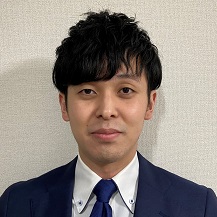

Satoshi Kamimura has his master’s degree in applied chemistry from Hiroshima Univiersity. In 2020, he joined Asahi Kasei Corporation, and now based in Dusseldorf office to provide technical support to customers. He is R&D chemist responsible for developing new grades of hydrogenated styrenic thermoplastic elastomers.


Hermann Füchter is Senior Marketing & Product Manager, Specialty Engineered Materials EMEA&I at Avient, based in Gaggenau, Germany. He has over 10 years of experience in polymers. While starting his career in the polymer development for the paints & coatings market, he joined Avient’s Specialty Engineered Materials Division in August 2017 as Account Manager for South-Western Germany, later became Area Sales Manager for Southern Germany, Austria & Switzerland and is since November 2022 in his current role. His work focuses on intersecting Secular Trends with Avient’s Technologies to guide innovation, portfolio management and market focus. Hermann holds a Bachelors Degree in Chemical Engineering, Paints & Coatings from Esslingen – University of Applied Sciences and a Masters Degree in Business Administration, General Management from AKAD University, Stuttgart.


Andrea Browning, Senior Director - Polymers, is responsible for leading efforts related to polymeric materials simulation and related materials. She brings over a decade of experience in utilizing molecular simulation to inform industrial research
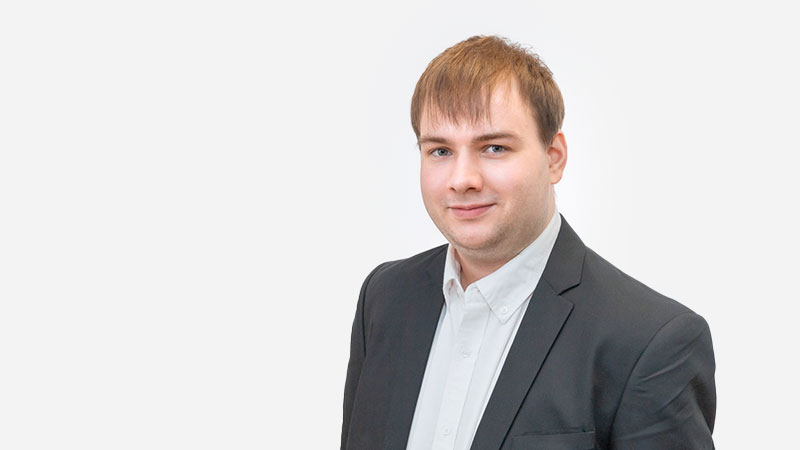
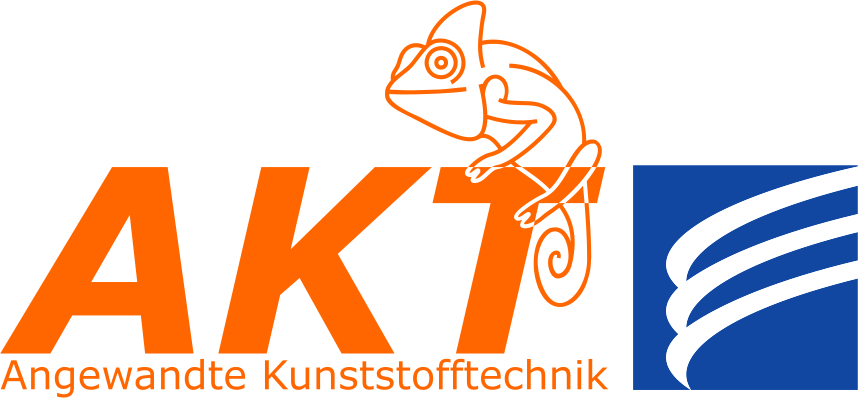
Bachelor's degree in applied plastics technology and a master's degree in mechanical engineering with a focus on plastics technology. I started working as a research Associate in 2024. Since then, I've been working in the areas of additive manufacturing, medical technology, and bioanalytics